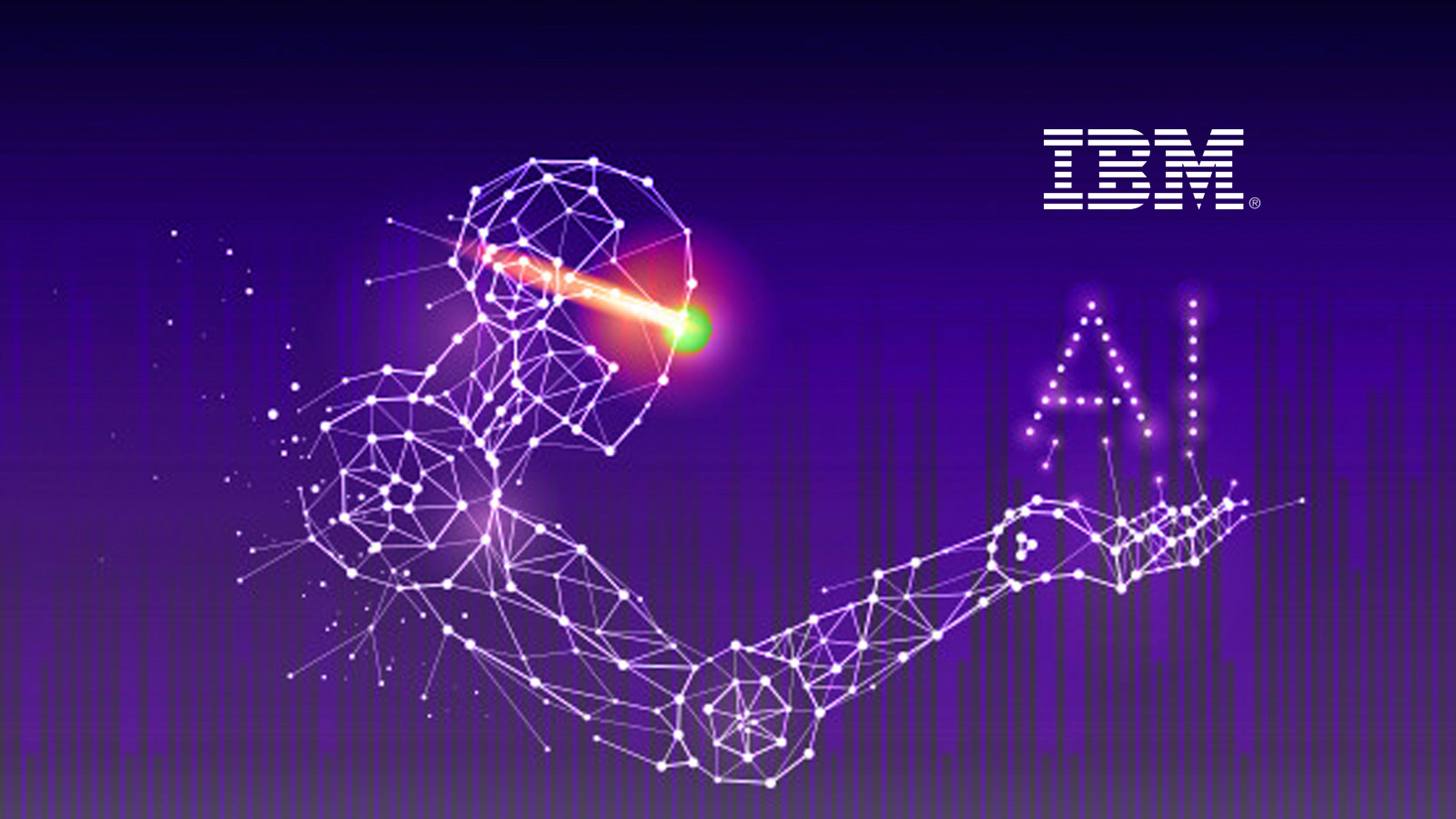
IBM’s Watson, the company’s well-known AI system, is truly remarkable. In a world where new and hi-tech is the order of today more than ever before, its uses are becoming more widespread and relied upon.
What makes it so instantly recognizable is the fact that it can accomplish in nanoseconds what it would take human decades to achieve. How is this possible? Why, it’s Machine Learning and Deep Learning, of course.
These enable the means for systems to automatically learn and improve from experience without having to be programmed. Machine Learning focuses on the development of computer programs that can access data and use it to learn for themselves.
The cognitive service is being used for a wide variety of services in companies worldwide. It is well known for its use in healthcare and financial services to fine-tune the skills of professionals in those fields. The Watson AI model does everything from diagnosing cancer better than oncologists to producing symphonies.

More satisfying results
When it comes to healthcare, it enables experts to mold their skillset to that of Machine Learning. It produces better and more satisfying results than would ordinarily have been the case in diagnostics and care (including choice of therapy). Machine Learning uses many layers of skillsets, algorithms, and sensors to identify and command.
Watson can read half a million medical research papers in 15 seconds and immediately begin to suggest diagnoses and therapeutics.
When it comes to reliability and the magnitude of its performance, it has withstood the rigors of time to reach the standard of perfection it holds today.
Deep Learning is also combined with Machine Learning to produce the desired effects. Here, there is a framework that provides enhanced results. Many advances that have been evident with AI can be attributed to Deep Learning.
Watson takes on the best and wins
Its combination of the use of the best minds in the scientific world and research center data in its initial form early on has paved the way for the AI revolution to take root. Watson has proved that it can take on the best and come out top.
A myriad of technologies powers the AI capabilities, including Machine Learning, Deep Learning, voice recognition, sentiment analysis, and natural-language processing, among others. There are some too complex to digest, but a piece of cake for AI technology.
IBM is enterprise-facing, meaning that its focus is beamed on companies and how it can solve problems at those enterprises. Other AI efforts are aimed at things rather than companies and industries. This is where it came to take root in the healthcare arena, providing the most valuable service this sector has ever known.
Watson amplifies human intelligence which naturally increases efficiency and lowers production costs.

Financial Services
With financial services, Watson plays a powerful role in regulating compliance, a complex and fastidious are of that arena. Having fine-tuned its capabilities in the most challenging environment of commerce, Watson is in high demand to perform at the world’s top echelon financial and commercial institutions.
In the tax sector, where Watson is performing admirably, AI-assisted professionals magnificently in areas like tax deduction, which is in a state of flux with new bills and laws being passed continuously.
As more come to embrace AI technology, the more it will save manufacturers, where it is being used more and more to reduce costs. In fact, it is becoming more and more widely used in every industry imaginable.
In construction, for instance, AI was able to predict pipeline failures six days in advance. That’s a mind-blowing capability.
For lawyers, it can scan more than 1-million legal documents per second, saving enormous amounts of time and energy when it comes to providing the correct information needed for cases. New associates especially must peruse volumes of journals, law books and transcripts to find the amount of knowledge that is needed.
